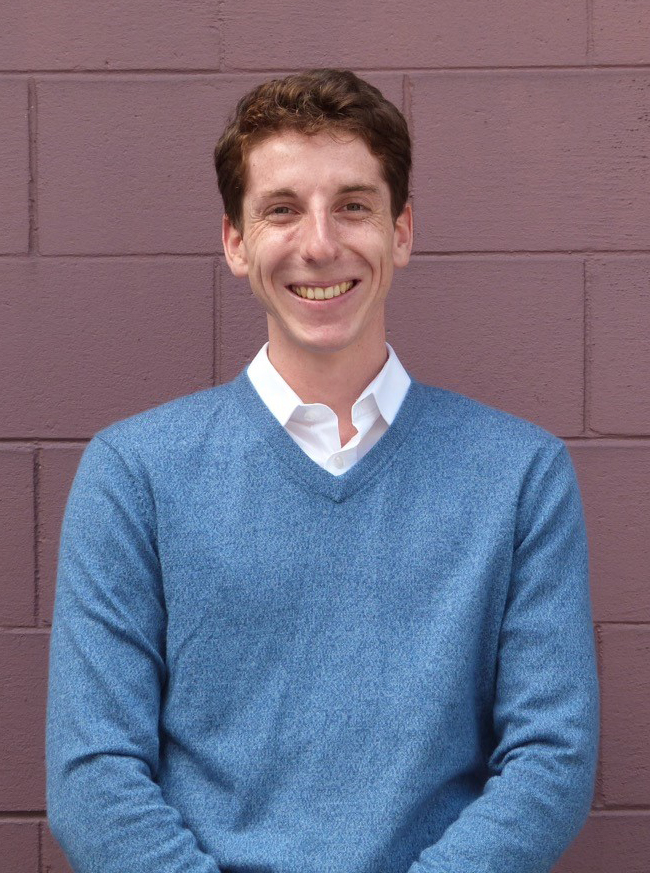
Search

Nathan was at Motu for three years, between February 2015 and April 2018. At Motu he did research on a range of topics in innovation economics and labour economics.
What was your background before joining Motu?
Prior to Motu, I got a Bachelor of Arts (in Economics and Philosophy) from the University of Canterbury, and a Bachelor of Science (Hons). in Economics. I was also a Motu summer intern over 2013/14.
Why did you choose to come here?
I knew Motu was a great place after my summer internship, where I worked with Izi Sin looking at the effect of iwi networks on labour market outcomes for Māori. Motu also has a reputation for high-quality research, and my favourite lecturers encouraged me to go!
What were the highlights of your time at Motu?
My highlights were (i) the morning coffees where junior staff chat about projects and recent economic research, and (ii) using large datasets to answer interesting social questions.
How has your career progressed since you left Motu?
After leaving Motu I joined the Behavioural Insights Team (a.k.a the Nudge Unit), where use behavioural economics and psychology to change people's behaviour (and test this with randomsied controlled trials where possible).
How has your Motu experience affected your subsequent path?
Motu has helped my career in a number of ways. I worked with and learnt from the top economists in New Zealand, published a paper in an international journal, and sharpened my data and coding skills. This has been crucial in my new role, where I've designed randomised controlled trials (including the power analysis). My economics background also complements the psychology background of other workmates.
What advice do you have for early career economists?
I'd suggest talking with engaged and smart researchers as often as you can. Hone your specialist skills by doing great projects and reading the latest economic research (e.g NBER papers), and hone your generalist skills by looking into the broader social science literature (e.g psychology, sociology and political science).


Level 1, 97 Cuba Street, PO Box 24390
Wellington 6142, New Zealand
Phone: 64 4 939 4250
 Back to main menu
Back to main menu

